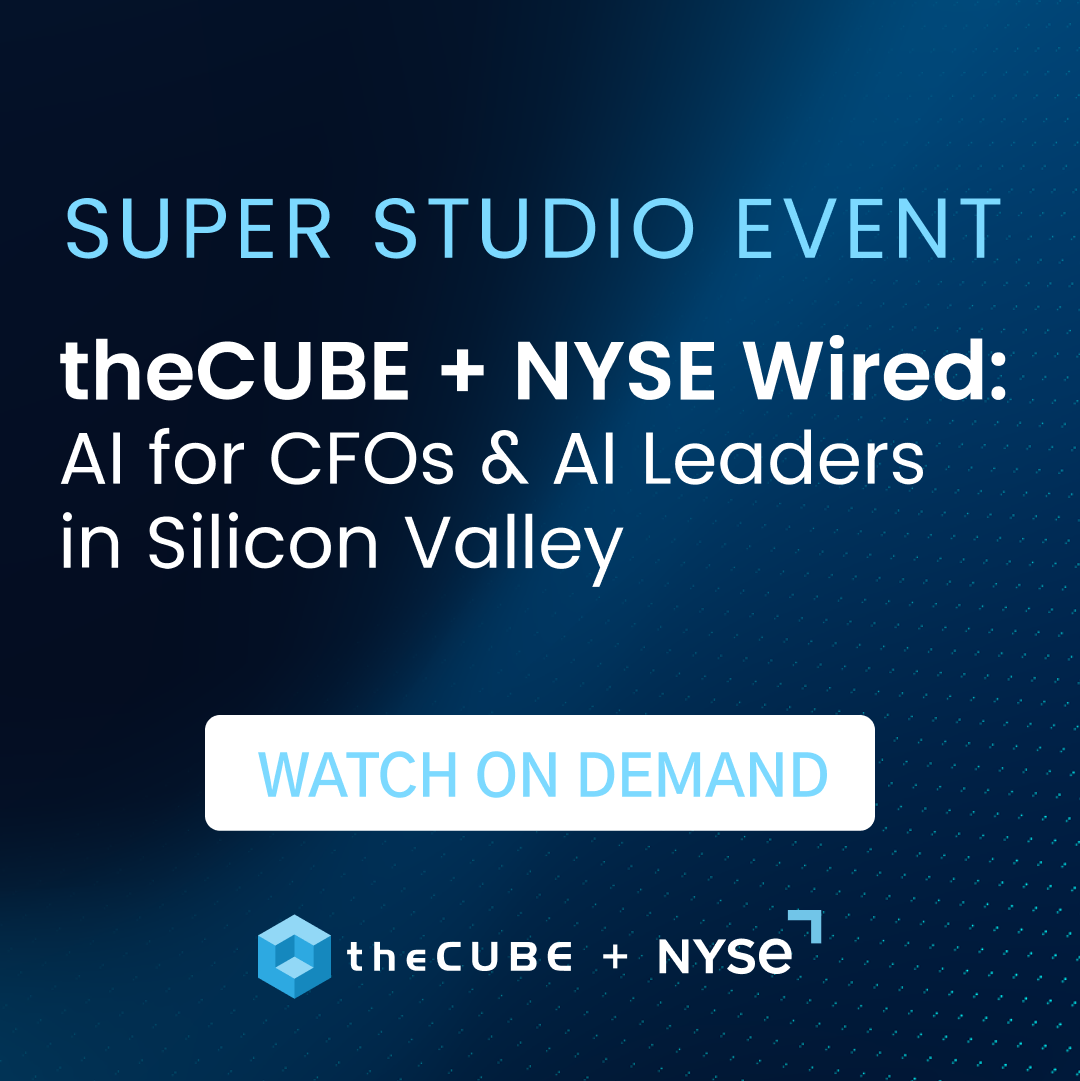The Rise of Curation is not About Broken Search
Much has been written about how search is broken and this is why curation — in its many forms — is on the rise (Pearltrees is a client).
Paul Kedrosky writing on Infectious Greed: Curation is the New Search is the New Curation
What has happened is that Google’s ranking algorithm, like any trading algorithm, has lost its alpha. It no longer has lists to draw and, on its own, it no longer generates the same outperformance — in part because it is, for practical purposes, reverse-engineered, well-understood and operating in an adaptive content landscape. Search results in many categories are now honey pots embedded in ruined landscapes — traps for the unwary.
But is search really that bad?
I can argue that search today is so much better than it was five and ten years ago. Today search has to deal with so much more:
– The number of web pages has risen enormously, indexed all that content is impressive in itself.
– Search has to be able to deal with the hundreds of thousands of people and web sites that are trying to game the search algorithm.
– Search has to deal with so many new types of content.
– Search still remains relevant to most users, Google says its tests show that search quality remains high.
So why is curation on the rise? Here are a few reasons:
– Because we can. We now have a wide range of curation tools, from Pearltrees with its visual metaphor and strong social features; to Storify, which enables easy publishing using Tweets and video.
– Curation is something that everyone does every day of the week in terms of the web sites they visit and their interest in specific subjects. People are making choices every day on the Internet and today, it is easier to share and distribute those choices and in turn, improve the Internet experience for many others. We have the tools to easily capture that daily curation.
– Today it is easier to create curation that can be shared. Creating a list of web sites is the most primitive form of curation. Bundling those web sites into a Pearltree, and then inviting others to help build that Pearltree; or making it easy for anyone to grab that Pearltree and add it to their own collection, are crucial features that have helped move curation forward.
– Curation is within the reach of any Internet user, they don’t have to be journalists or professionals, in order to curate a topic an d make it useful to many.
The future of search is not curation but a future that combines the best of both — and that will lead to a much better Internet experience for all users.
[Cross-posted at Silicon Valley Watcher]
A message from John Furrier, co-founder of SiliconANGLE:
Your vote of support is important to us and it helps us keep the content FREE.
One click below supports our mission to provide free, deep, and relevant content.
Join our community on YouTube
Join the community that includes more than 15,000 #CubeAlumni experts, including Amazon.com CEO Andy Jassy, Dell Technologies founder and CEO Michael Dell, Intel CEO Pat Gelsinger, and many more luminaries and experts.
THANK YOU













